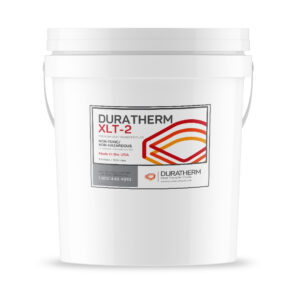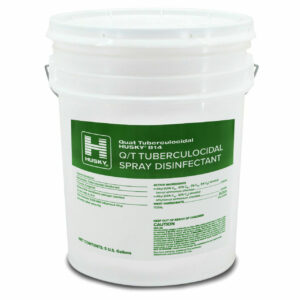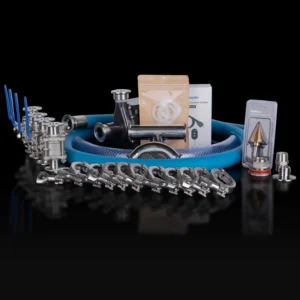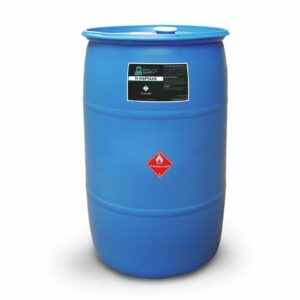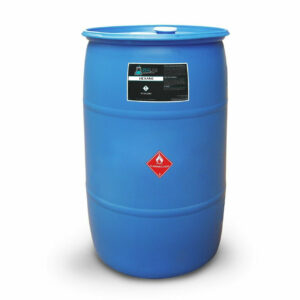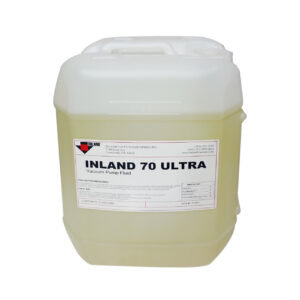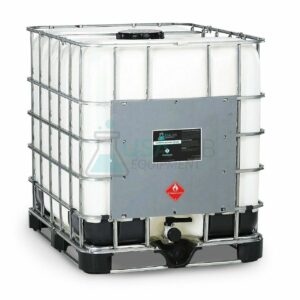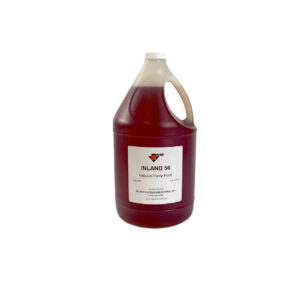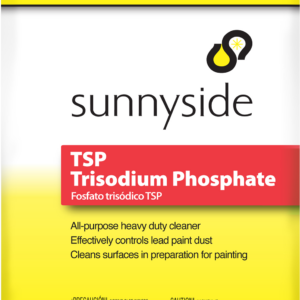SHOP

Citric Acid Anhydrous FCC; Food; USP Grade, Kosher – Various Sizes
$34.99 – $199.99
Citric Acid Anhydrous FCC; Food; USP Grade, Kosher – Various Sizes
Citric Acid is an odorless, white crystalline powder or granular particles which dissolve readily in water. Citric Acid occurs widely in plants and animals as a common intermediate metabolite of the Krebs (Citric Acid) cycle in virtually all organisms. It is the acid responsible for the characteristic tartness of citrus and many other fruits.
Kosher citric acid can be an effective and natural cleaner for stainless steel due to its acidic properties. Here’s how you can use it:
- Make a Citric Acid Solution: Mix a small amount of citric acid powder (about 2 tablespoons) with warm water in a spray bottle. You can adjust the concentration based on the level of cleaning needed.
- Apply the Solution: Spray the citric acid solution onto the stainless steel surface you want to clean. Ensure the surface is cool and not exposed to direct sunlight.
- Let it Sit: Allow the solution to sit on the stainless steel surface for a few minutes to help break down any grime, stains, or mineral deposits.
- Scrub if Necessary: For tougher stains or grime, use a soft-bristled brush or non-abrasive sponge to gently scrub the surface. Be cautious not to use anything too abrasive, as it may scratch the stainless steel.
- Rinse Thoroughly: After cleaning, rinse the surface thoroughly with clean water to remove any remaining citric acid residue.
- Dry the Surface: Use a soft, clean cloth to dry and polish the stainless steel surface, which can help prevent water spots and streaks.
- Repeat if Needed: For stubborn stains or heavily soiled areas, you may need to repeat the process.
Note:
- Always test a small, inconspicuous area first to ensure that the citric acid solution doesn’t cause any damage or discoloration to your stainless steel surface.
- Avoid using citric acid on marble, granite, or other natural stone surfaces, as it can cause etching or damage.
Citric acid is a mild acid and generally safe to use, but it’s essential to take necessary precautions and follow the manufacturer’s instructions. Additionally, if you prefer, there are commercially available stainless steel cleaners that contain citric acid as one of the ingredients.
| Specifications | |
| Grade | USP;FCC |
| Package Type | Bucket |
| Synonyms | 2 – Hydroxy – 1, 2, 3, – Propanetricarboxylic Acid Citric Acid Anhydrous E 330 |
| End Use | Food and beverage, detergents and cleaners, bath bombs |
| Specific Gravity @ 25°C | 1.665 Reference Material: (water = 1) |
| Color | white, clear |
| Odor | Odorless |
| pH | 2 – 2.5 (as aqueous solution) |
| Auto-ignition Temperature | 1,010 °C (1,850 °F) |
| Supplier | Sucroal |
| CAS | 77-92-9 |
| Applications | Food, Personal Care and HIC applications |
| Chemical Form | Granular |


